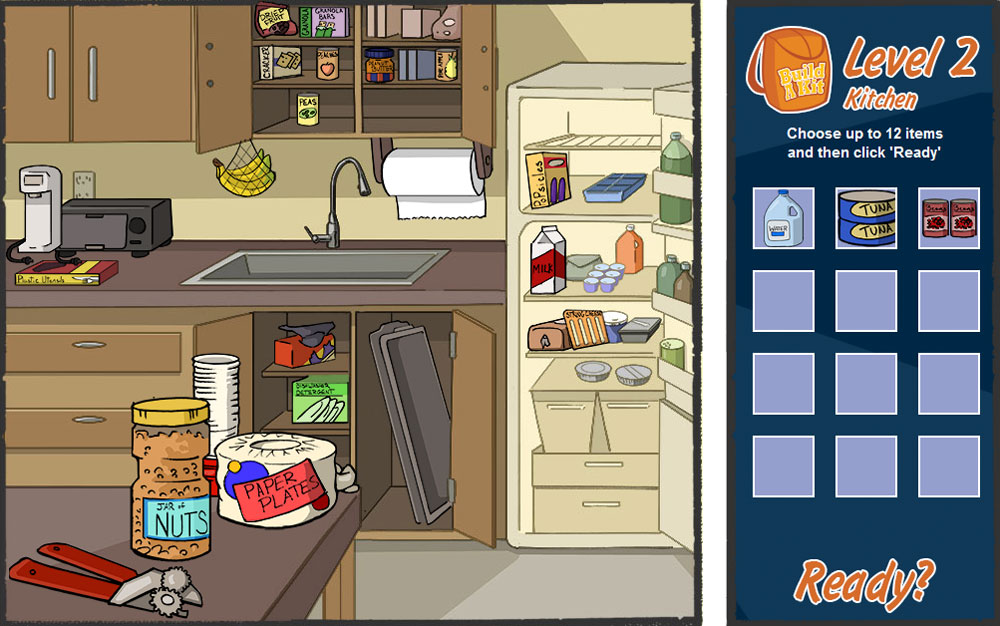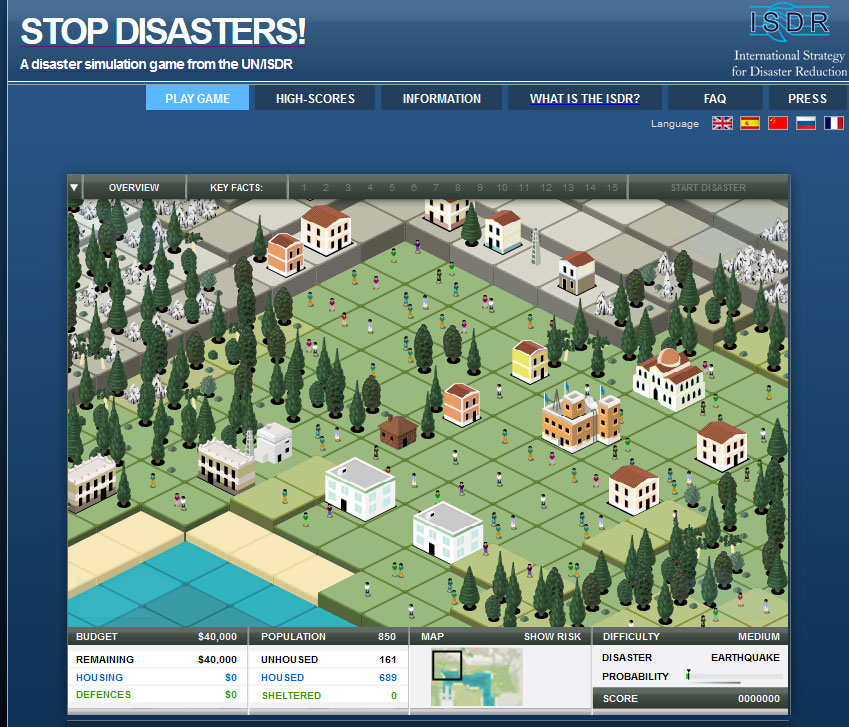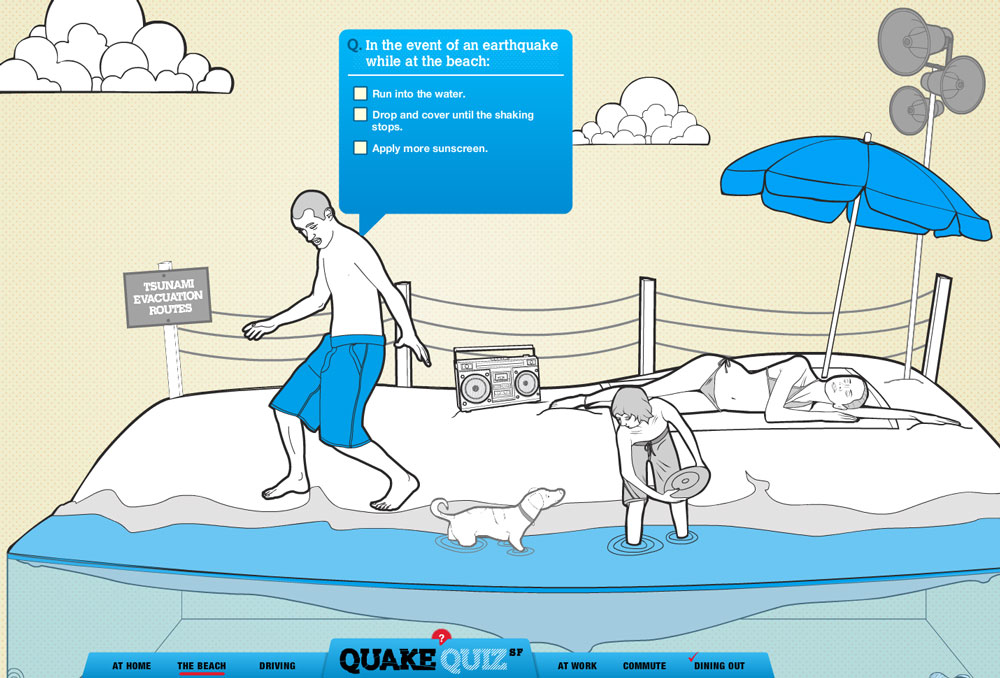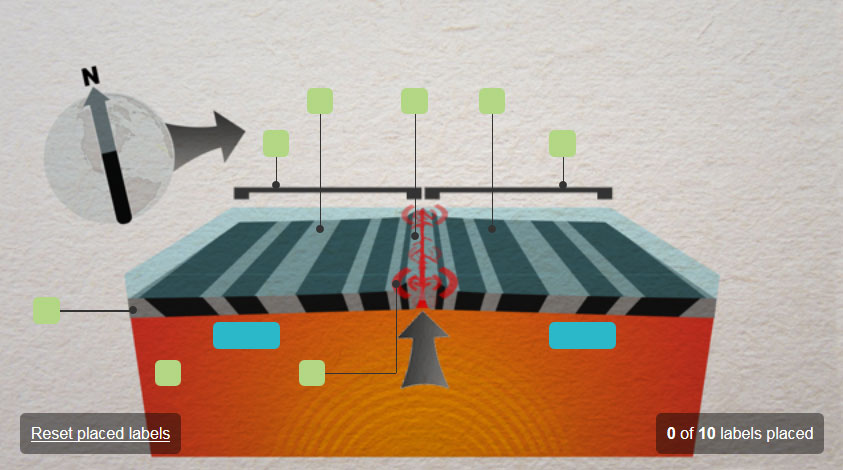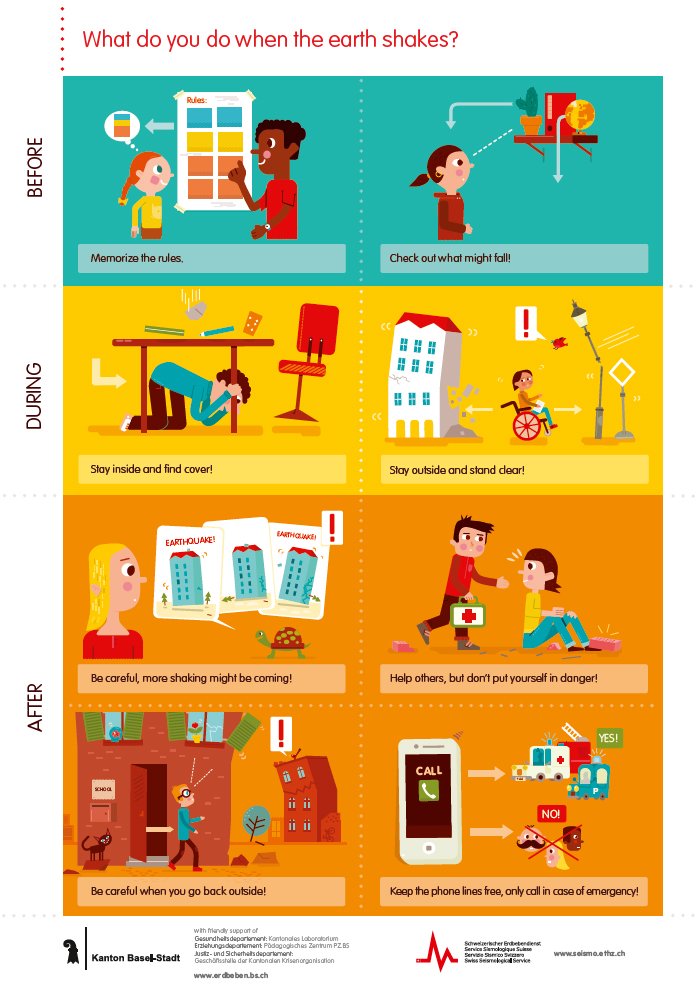For schools
Do you find earthquakes as exciting as Seismorris? Then you've come to the right place. Seismoriss will guide you through the exciting world of earthquake researchers. You will find interesting links to explanations, films, games and experiments on earthquakes.
For teachers, this page offers earthquake lessons for primary to high school classes. In addition, various portals are listed, which provide information on current earthquakes. This allows students to analyze events in real time.
At the top of the link list are the contents in English, further down there are also links to foreign-language contents.
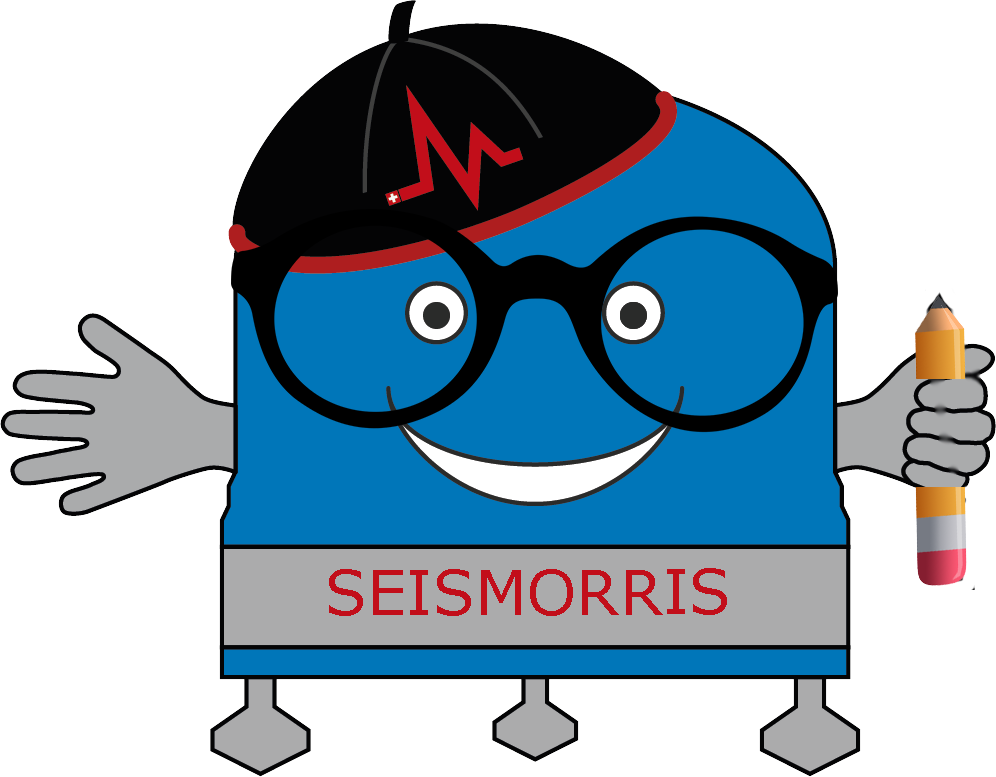
SRF „Erdbeben in der Schweiz – eine unterschätzte Gefahr“
SRF Sendung: „Einstein“ lässt es beben
SRF Sendung „10 vor 10“ über den Erdbebensimulator an der ETH Zürich
SRF Sendung „Einstein“ über Geothermie
Quarks und Co.: Erdbeben - Leben mit Gefahr
Luftkissen, Pendel und Co.: Erdbebensicheres Bauen
How can I protect a village against an earthquake?
In English, French, Spanish, Russian and Chinese
How can I protect a village against an earthquake?
In English, French, Spanish, Russian and Chinese
What should I do during an earthquake at various locations, e.g. at home, in a car or at the beach?
In English
Use our interactive tool to determine by approximation your personal earthquake risk based on four factors and find out how to reduce it.
In German, English, French and Italian
SuperStars: Warum gibt es Erdbeben?
Die meisten Erdbeben sind so schwach, dass man sie kaum wahrnimmt. Andere wiederum sind verantwortlich für verheerende Zerstörungen. Aber warum gibt es überhaupt Erdbeben? Diese Reihe bietet Sachtexte für Jedermann. Durch den farbigen Silbentrenner sind die Bücher von Klasse 2 beginnend für leistungsstarke, bis zu Klasse 6 für leistungsschwächere Kinder einsetzbar.
2013 von Nicolas Brasch
Frag doch mal … die Maus! – Vulkane und Erdbeben
Woher wissen Tiere, wann ein Erdbeben kommt? Und kann die Feuerwehr einen Vulkan löschen? Die Maus hat sich schlau gemacht und erklärt nicht nur, was man tun sollte, wenn die Erde bebt, sondern auch, wie ein Vulkan eine ganze Stadt beheizen kann. Die ausklappbare Panoramaseite zeigt anschaulich, wie man erdbebensichere Häuser baut, Folienseiten decken auf, wie ein Tsunami entsteht, und auf dem grossen Maus-Poster lassen sich die berühmtesten Vulkane der Welt bestaunen. Wie wird man eigentlich Vulkanologe? Frag doch mal ... die Maus!
2011 von Sylvia Englert
Teaching About Earthquakes
Source: IRIS
What if there's an earthquake?
Age group: kindergarten and primary school
Source: edurisk
Earthquake lesson
Age group: primary school
Source: edurisk
Earthquakes how and why
Age group: secondary school
Source: edurisk
Sismos à l’école: ressources éducatives
Source: Sciences à l'école
Unterrichtsmaterial: Daueraustellung focusTerra
Source: focusTerra
Gruppenarbeit: Epizentrum eines Erdbebens
Die wichtigsten Grundbegriffe zum Thema Erdbeben werden in dieser Gruppenarbeit erlernt. Mit Hilfe des erworbenen Wissens bestimmen die Schülerinnen und Schüler selber das Epizentrum eines Erdbebens.
Source: EducETH
Google Earth, Erdbeben und Plattentektonik
Schülerinnen und Schüler untersuchen die globale und regionale Verteilung von Erdbeben mithilfe von Google Earth.
Source: swisseduc.ch
Erdbeben, Erdbebenstaerke und Opferzahlen
In Gruppenarbeiten untersuchen Schülerinnen und Schüler die Erdbeben von Haiti 2010, Christchurch, Neuseeland 2011 und Sendai, Japan 2011 verglichen.
Source: swisseduc.ch
